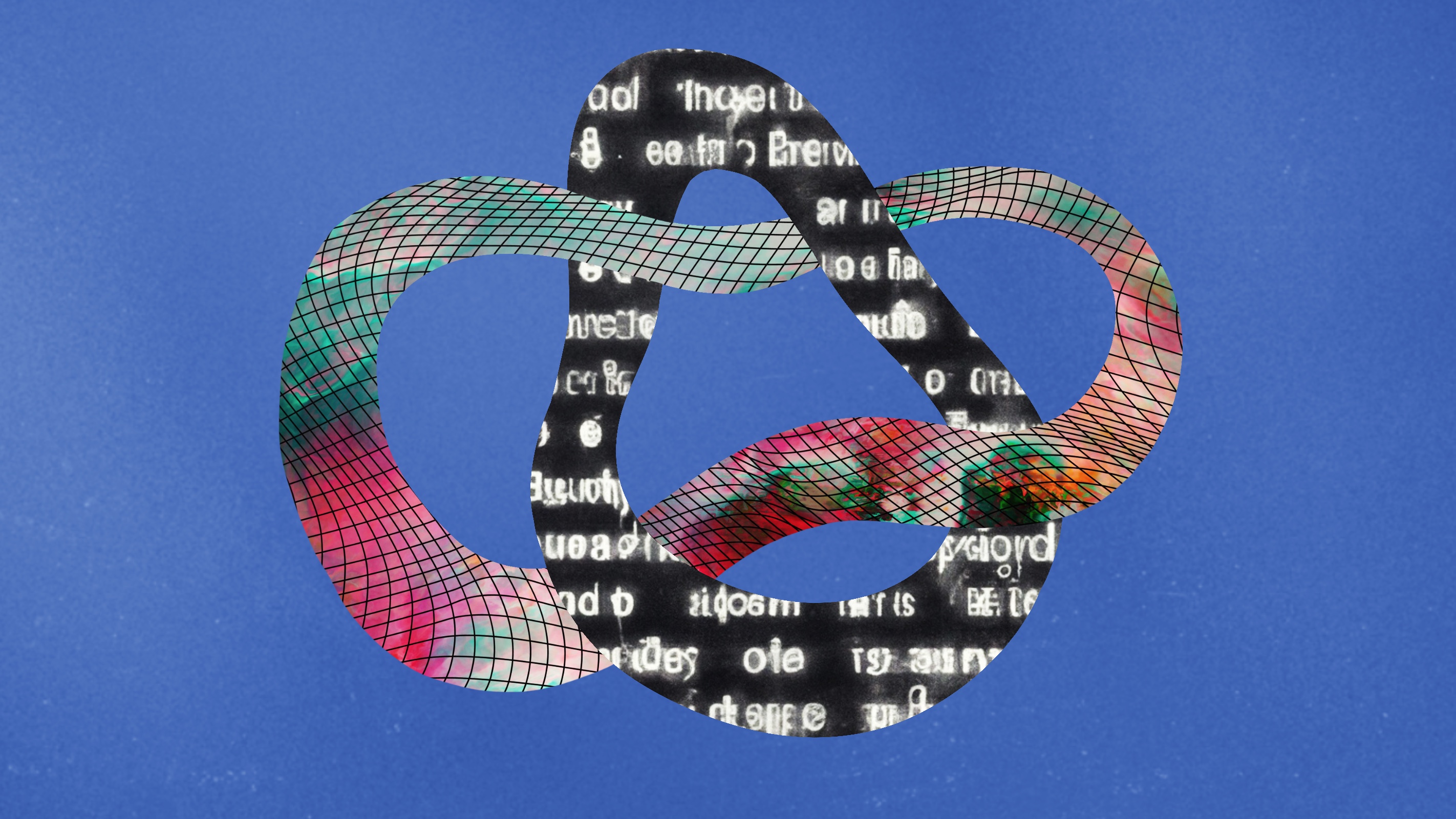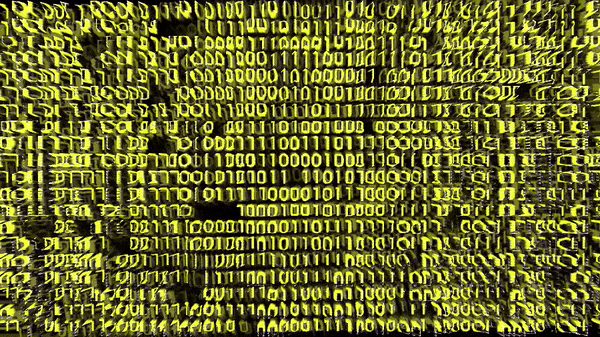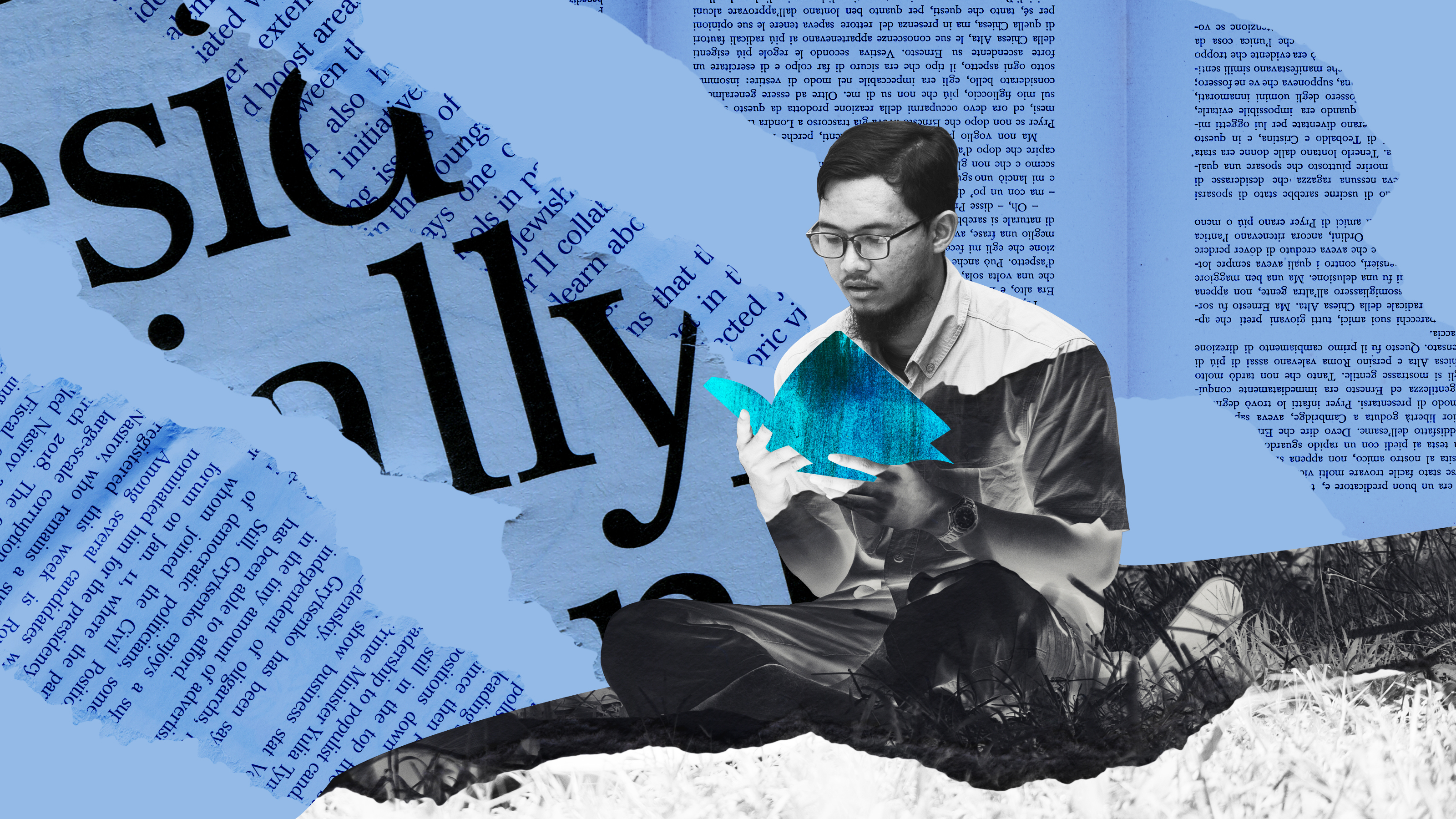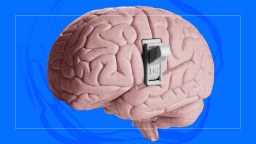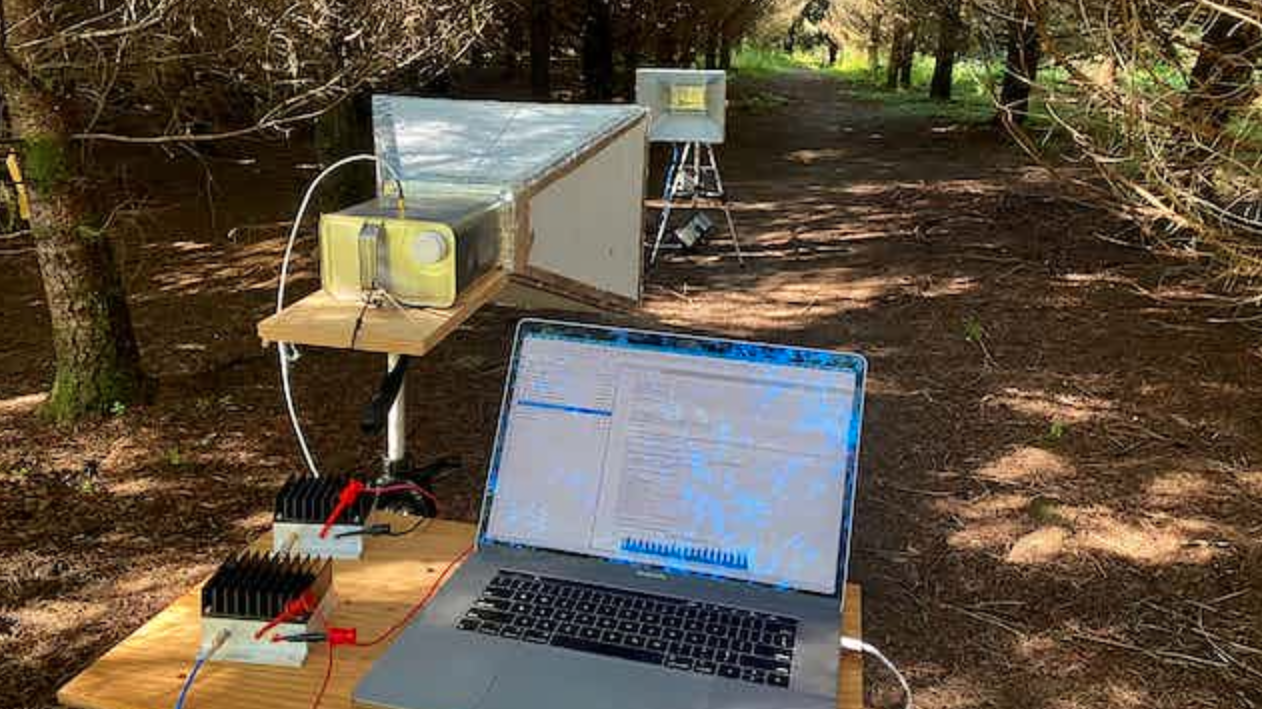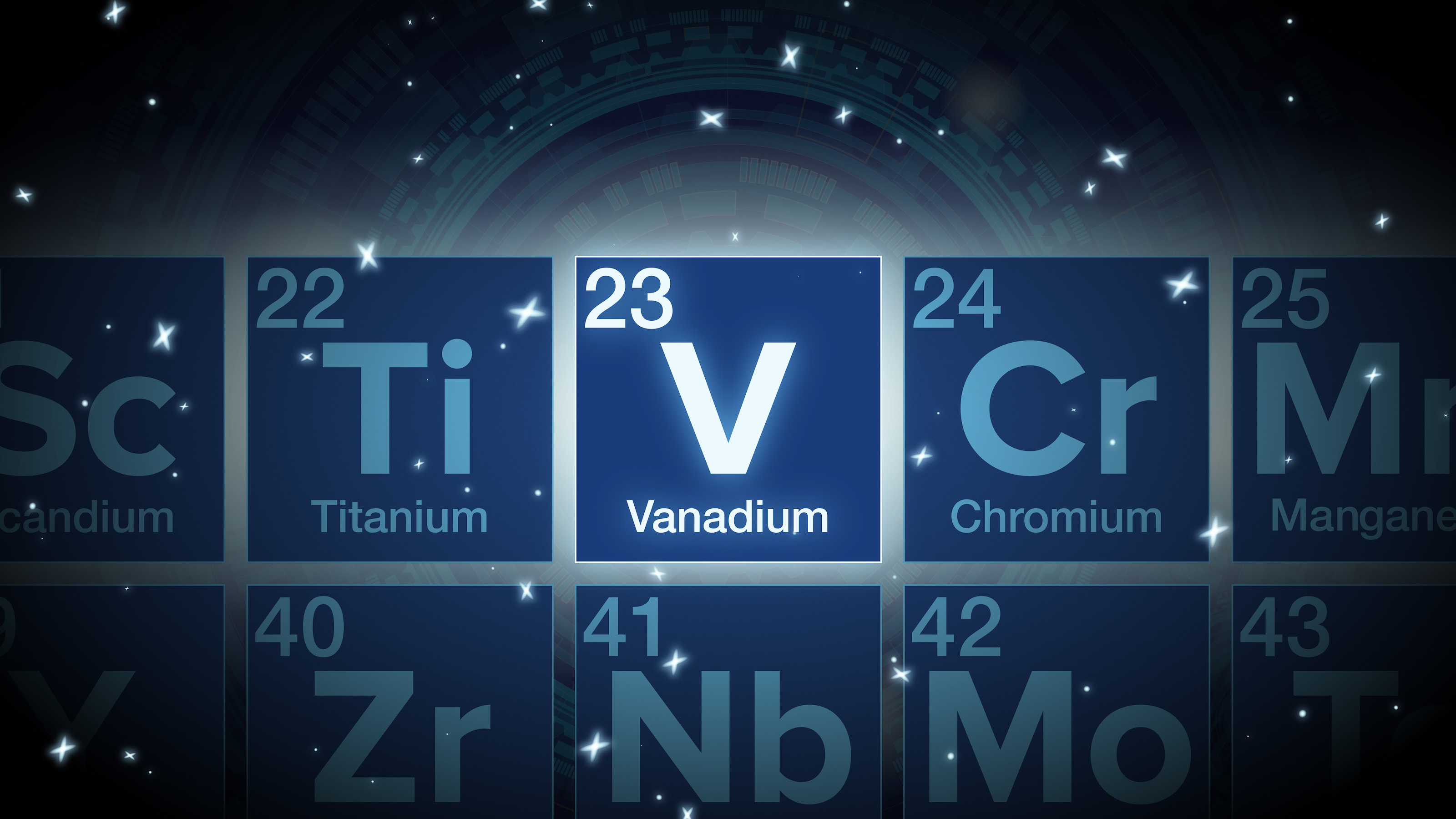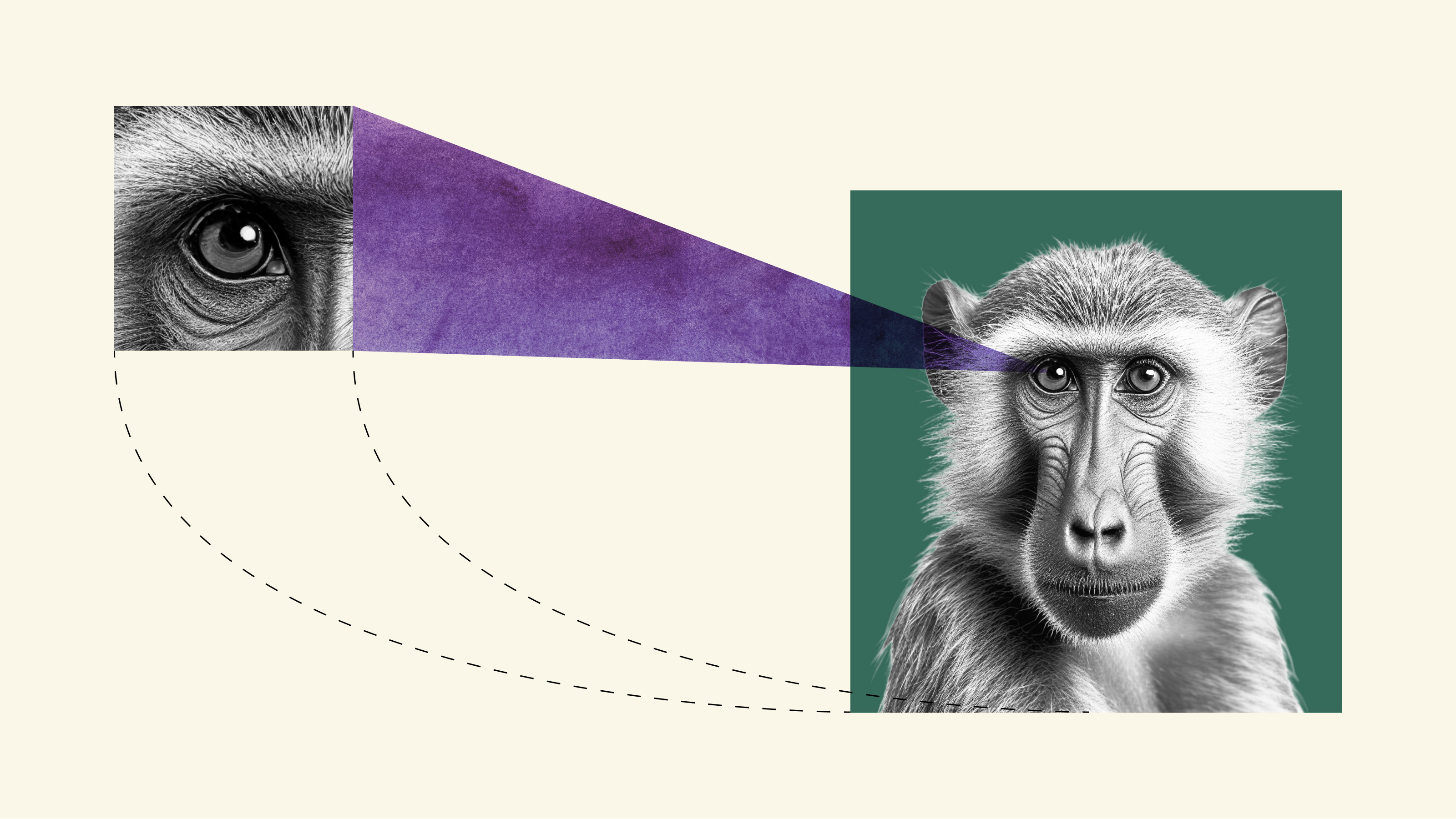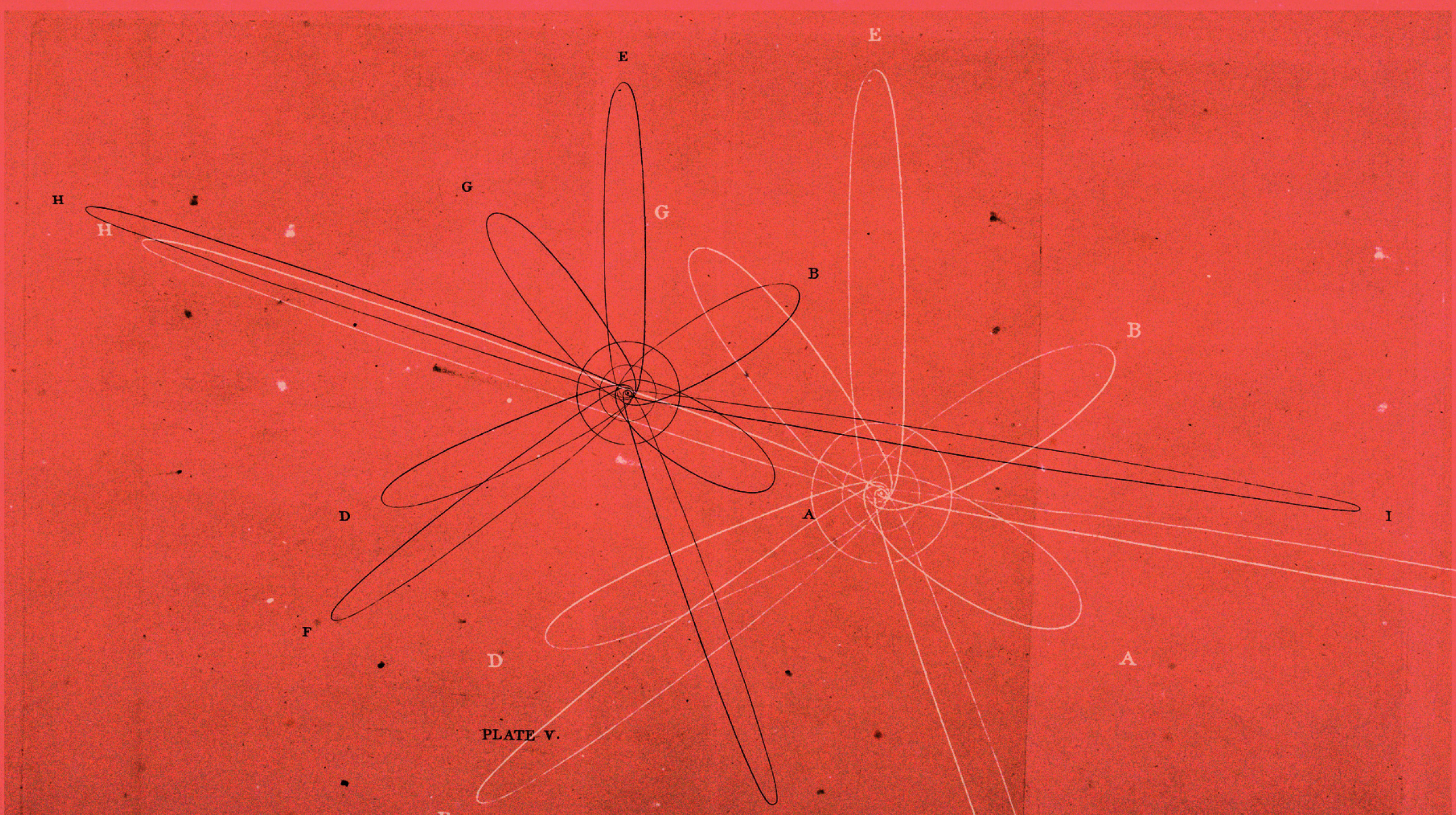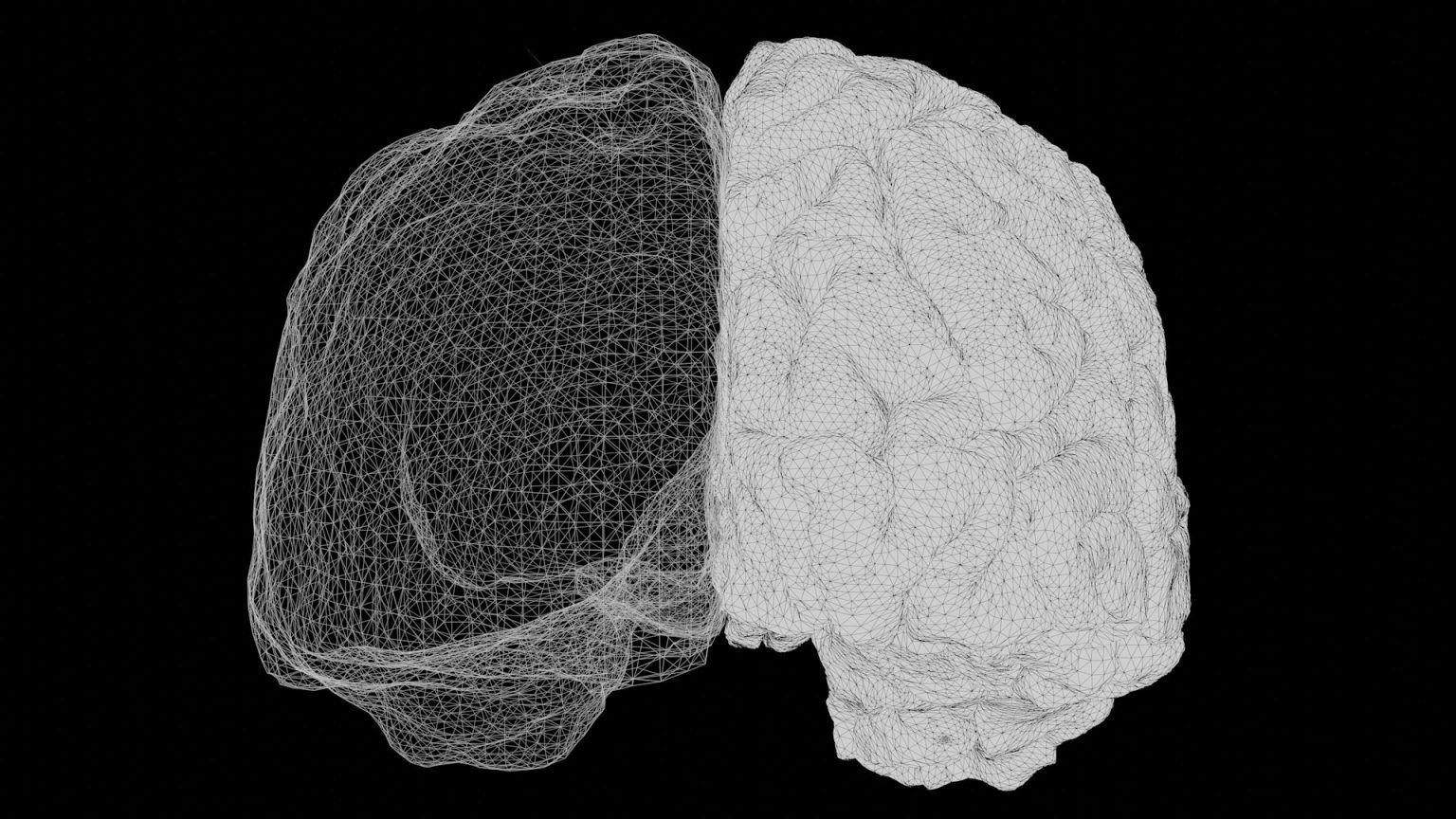At work we’re often asked to be decisive — but how can we make an informed choice without complete information?
Search Results
You searched for: Information
Is information intrinsic in our universe? NASA’s Michelle Thaller explains.
▸
8 min
—
with
They’re not just watching you; they’re also calculating.
Life is the only physical system that actively uses information.
To make a ton of information stick in your mind, you have to make it chunky.
The answer is set to change in the year 2113, a recent estimate suggests.
Making up false information is one of the biggest problems with AI, but there are no silver-bullet solutions.
Physicists have increasingly begun to view life as information-processing “states of matter” that require special consideration.
Goalkeepers have an enhanced ability to integrate auditory and visual information compared to other players.
Reading classic books can inform you as much about the present as the past.
Memories aren’t mental recordings, but pliable information we can use to better manage the present and conjure future possibilities.
What if your best friend was an informant?
Having trouble learning? A PhD engineering professor gives you one key tip.
▸
8 min
—
with
Holograms preserve all of an object’s 3D information, but on a 2D surface. Could the holographic Universe idea lead us to higher dimensions?
Your sexual education was probably inadequate. Here’s the information you always needed.
▸
9 min
—
with
“We should be informed and educated about the risks of AI, but we can’t be afraid,” Khan Academy founder Sal Khan told Big Think.
Apart from the energy needed to flip the switch, no other energy is needed to transmit the information.
The matter that creates black holes won’t be what comes out when they evaporate. Will the black hole information paradox ever be solved?
Quantum wormholes are mathematically possible — but might also be physically impossible. Physicist Janna Levin explains Hawking’s famous information paradox.
▸
12 min
—
with
How do we deal with information overload and unlock creativity? Build a second brain.
▸
6 min
—
with
The information we have in the Universe is finite and limited, but our curiosity and wonder is forever insatiable. And always will be.
This network physicist is mapping the world’s most significant data to create the most beautiful visualizations of information we have ever seen.
▸
7 min
—
with
The DARPA-funded memory prosthesis helps the brain retain new information.
Vanadium dioxide is a strange material that “remembers” information and when it was stored. This is akin to biological memory.
Katie Kermode — a memory athlete with four world records — tells Big Think about her unique spin on an ancient technique to memorize unfathomably long lists of information.
In all mammals, there are two brain pathways for processing information from the eyes: an evolutionarily ancient one and a more modern one.
The answer to the age-old philosophical question of whether there is meaning in the Universe may ultimately rest upon the power of information.
You can lead an overconfident chatbot to expert knowledge, but can it actually learn and assimilate new information?
We don’t need to think about what life is made of but rather what it does.
A new framework describes how thought arises from the coordination of neural activity driven by oscillating electric fields — a.k.a. brain “waves” or “rhythms.”



